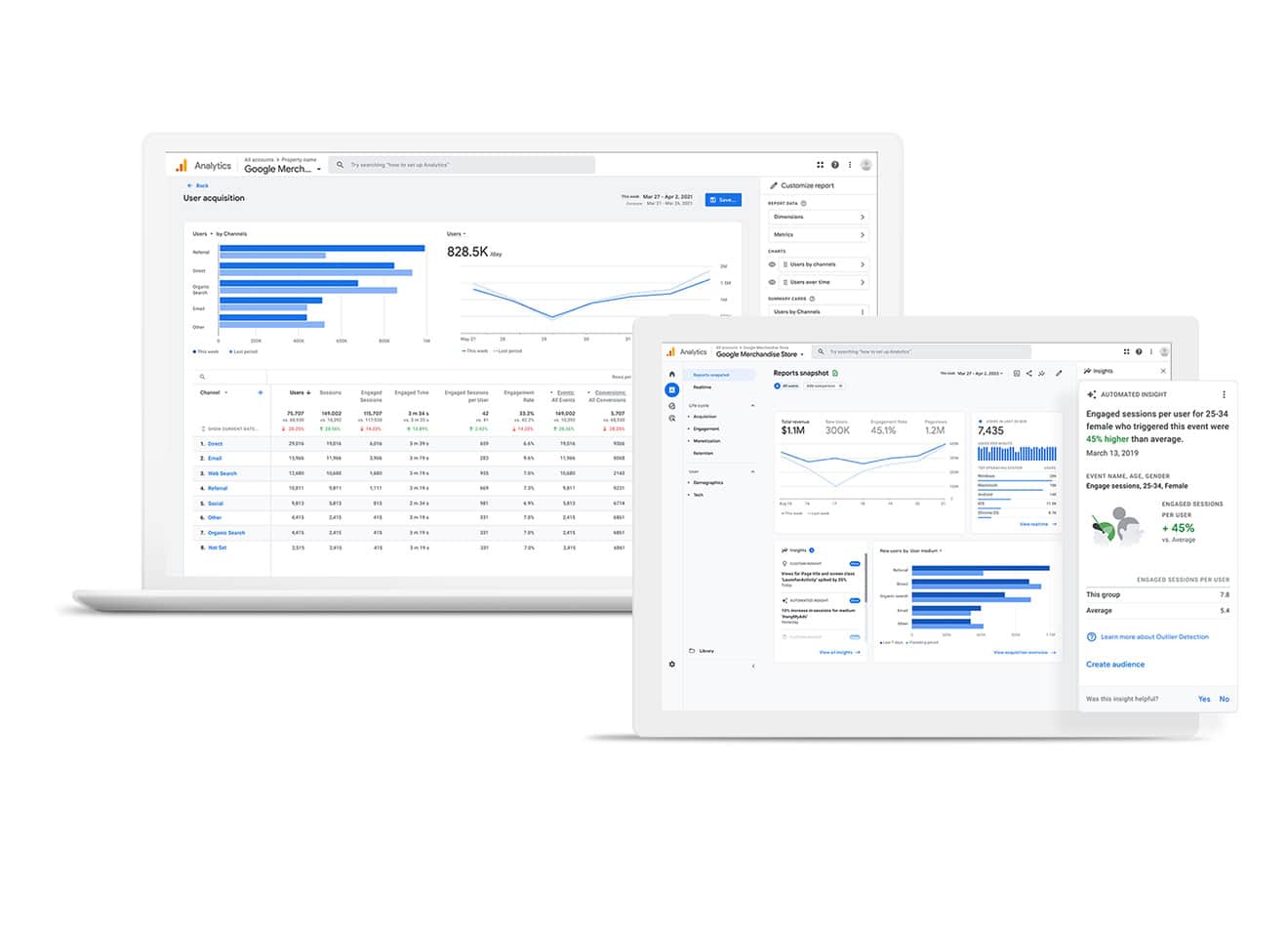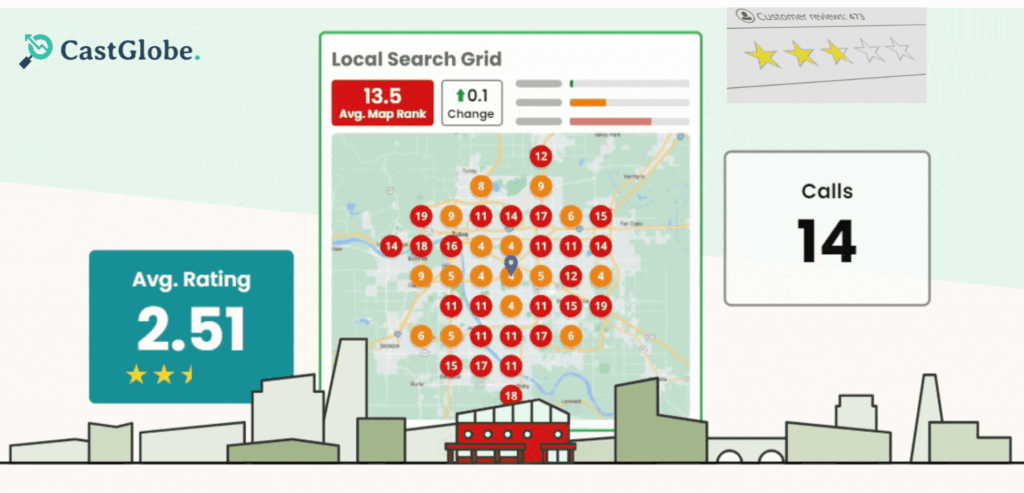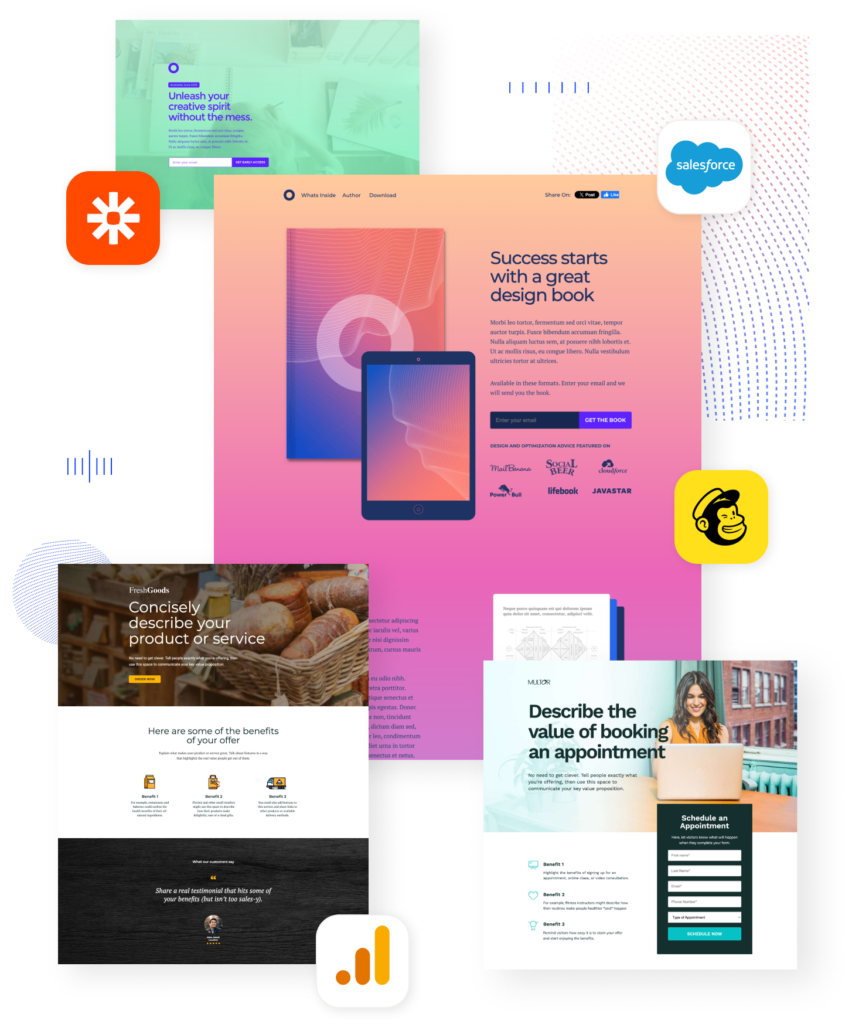Creative Marketing Solutions: Handling the Future of Digital Engagement In a time when customer behavior is changing quickly, companies need to modify their marketing plans to remain competitive and relevant.
A key element of this shift has been the emergence of creative marketing strategies that allow companies to engage with their target markets more deeply. These solutions cover a broad range of methods and tools intended to boost sales, increase brand awareness, and improve customer engagement. As we examine the many aspects of creative marketing, it becomes evident that success in the current digital environment depends on the fusion of creativity and technology. Given the increasing complexity of consumer preferences and the wide range of communication channels, creative marketing solutions are imperative.
Key Takeaways
- Innovative marketing solutions are essential for businesses to stay competitive in today’s fast-paced market.
- Technology has significantly impacted marketing, allowing for more targeted and personalized approaches to reaching consumers.
- Personalization and targeted marketing are crucial for engaging with consumers and building brand loyalty.
- Data-driven decision making in marketing allows for more informed and strategic choices in reaching and engaging with consumers.
- Artificial intelligence, augmented reality, virtual reality, and social media all play significant roles in the future of marketing, shaping trends and predictions for the industry.
A tech-savvy audience that demands individualized experiences can no longer be attracted by traditional marketing techniques. As a result, companies are using innovative approaches that make use of data, technology, & creativity to produce powerful marketing campaigns. With a focus on how technology, personalization, data-driven decision-making, and new tools like augmented reality and artificial intelligence are transforming the marketing industry, this article will examine the key trends influencing the field’s future. changing the environment of marketing.
By giving companies new tools and platforms to reach their target audiences, technology has completely changed the marketing landscape. The digital era has given marketers a wealth of options to interact with customers in real time, from social media to mobile apps. Multi-channel marketing’s rise & changing consumer behavior. Since consumer behavior has changed due to the proliferation of mobile devices & the internet, brands must embrace a multi-channel strategy that includes a range of digital touchpoints. This change has affected not only how companies interact with their target audience but also how they obtain information about them.
Efficiency and Automation in Marketing. Technological developments have made it possible for marketers to automate labor-intensive and time-consuming processes. Businesses can easily analyze performance metrics, manage customer relationships more skillfully, and streamline campaigns with the help of marketing automation tools. This improved productivity not only saves time but also raises the general efficacy of marketing initiatives. Taking Up Marketing’s Future.
| Metrics | Data |
|---|---|
| Customer Engagement | 75% |
| Conversion Rate | 20% |
| ROI | 150% |
| Market Share | 10% |
Marketers need to stay flexible & agile as technology develops further, embracing new platforms and tools that can improve their tactics and produce better outcomes. For brands trying to stand out in today’s cutthroat market, personalization has emerged as a crucial differentiator. Businesses can customize their offers & messaging according to customer demographics, preferences, and behaviors by using targeted marketing strategies. With the help of data analytics and consumer insights, marketers can produce highly customized experiences that connect with their target audience more deeply. This strategy promotes brand loyalty in addition to increasing customer satisfaction.
The success of businesses that have adopted this tactic demonstrates the value of personalization. E-commerce behemoths such as Amazon, for example, use complex algorithms to suggest products based on users’ past browsing and purchasing patterns. Because customers feel appreciated and understood, this degree of personalization not only boosts conversion rates but also promotes repeat business. Brands must make investments in technologies that allow them to present offers and pertinent content at the appropriate moment, since consumers continue to demand personalized experiences.
Making decisions based on data has become essential to successful marketing campaigns. Marketers have access to priceless insights that can guide their campaigns thanks to the massive volume of data produced by customer interactions across multiple channels. Businesses can find trends, comprehend consumer preferences, & maximize the impact of their marketing campaigns by evaluating this data.
Rather than depending solely on gut feeling, this analytical method enables brands to make well-informed choices. Also, data-driven marketing allows companies to track the success of their campaigns in real time. A clear picture of what is effective and what requires improvement is given to marketers by key performance indicators (KPIs) like conversion rates, click-through rates, and customer engagement metrics. Brands can stay in line with consumer expectations & market dynamics by regularly assessing these metrics & making necessary adjustments to their strategies. Data-driven decision-making enables marketers to stay ahead of the curve in a time when agility is crucial.
Artificial intelligence (AI) is transforming marketing by giving companies the ability to improve customer experiences, automate procedures, & obtain a better understanding of consumer behavior. AI-powered solutions are able to quickly analyze enormous volumes of data and spot patterns and trends that humans would be unable to detect. With this ability, marketers can develop highly targeted campaigns that connect with their target audience and make better decisions.
Chatbots are one of the most important uses of AI in marketing. These virtual assistants are able to interact with clients in real time, responding to inquiries, making suggestions, and even completing transactions. Chatbots improve customer satisfaction by providing immediate assistance, freeing up human resources for more difficult jobs.
AI systems can also predict which audiences are most likely to convert based on past data, which allows them to optimize ad placements. AI technology will only become more significant in marketing as it develops further, giving companies new avenues for customer interaction. improving the experience of shopping. For example, augmented reality applications allow users to see how furniture would appear in their homes before deciding to buy. This degree of interaction lowers the possibility of buyer’s regret while simultaneously improving the shopping experience.
Building Immersive Spaces. Virtual reality (VR) presents brands with the chance to design completely immersive environments that immerse customers in their world. Virtual reality (VR) can be used, for instance, by travel agencies to present destinations through virtual tours, enabling prospective tourists to visit a place before making travel arrangements. Opening Up Creative Marketing Options.
Organizations in a variety of sectors are starting to investigate the possibilities of AR & VR technologies as creative marketing tools as they become more widely available & reasonably priced. Brands are able to leave a lasting impression on consumers by utilizing these technologies to create unforgettable experiences. Social media is now a vital tool for marketers looking for creative ways to engage their target audiences.
Platforms such as Facebook, Instagram, Twitter, and TikTok offer businesses distinctive chances to interact with customers through community development, storytelling, & interactive content.
Social media’s capacity to spread viral content enables brands to rapidly expand their audience while building genuine relationships with their followers. Also, advertising on social media has developed into an effective marketing tool that allows for precise targeting according to user demographics, interests, and behaviors. Customized advertisements that appeal to particular audience segments can help brands boost conversion rates. Also, user-generated content has become more popular as a social proof tool that raises the legitimacy of brands. Encouragement of social media sharing by consumers allows businesses to take advantage of real testimonies that appeal to prospective customers.
There are a number of trends that could influence the marketing landscape in the future. The first is the ongoing growth of personalization, as customers demand more specialized brand experiences. In a market that is constantly competitive, companies that put a high priority on comprehending the needs of their clients will be more likely to succeed. The increasing significance of ethical marketing techniques and sustainability is another trend. Customers’ awareness of how their purchases affect the environment & society as a whole is growing.
In addition to drawing eco-aware customers, brands that support sustainable practices will gain the audience’s trust and loyalty. Lastly, marketers must continue to be flexible and receptive to implementing new tactics & tools because technology is developing at an unprecedented rate. Data analytics, AR/VR, and AI integration will keep changing how companies interact with their target audience. Businesses can successfully navigate the marketing landscape of the future by staying ahead of these trends and embracing innovation. In conclusion, brands hoping to prosper in the ever-changing digital landscape of today must implement creative marketing strategies. Utilizing technology, data-driven insights, personalization, and cutting-edge tools like AI and AR/VR, companies can develop powerful marketing campaigns that connect with customers more deeply.
Long-term success will depend on embracing these innovations as we enter a marketplace that is becoming more and more complex. **Call-to-Action:** Are you prepared to improve your marketing approach? Find cutting-edge solutions at googleadauthority.com right now to maintain your lead in the rapidly changing field of digital marketing!
If you are interested in learning more about innovative marketing solutions for carpet cleaning businesses, you may want to check out this article on carpet cleaning marketing in Providence, Rhode Island. This article provides insights and strategies specifically tailored to the carpet cleaning industry in that area, offering valuable tips on how to effectively market your services and stand out from the competition.
FAQs
What are innovative marketing solutions?
Innovative marketing solutions refer to new and creative strategies, techniques, and tools used to promote products or services to target audiences. These solutions often involve the use of technology, data analysis, and out-of-the-box thinking to reach and engage consumers in unique ways.
Why are innovative marketing solutions important?
Innovative marketing solutions are important because they help businesses stand out in a crowded marketplace, capture the attention of consumers, and drive better results. By embracing innovation, companies can stay ahead of the competition and adapt to changing consumer behaviors and preferences.
What are some examples of innovative marketing solutions?
Examples of innovative marketing solutions include personalized marketing campaigns, interactive content, virtual and augmented reality experiences, influencer partnerships, and the use of artificial intelligence and machine learning for targeted advertising. Additionally, leveraging social media, user-generated content, and experiential marketing are also considered innovative approaches.
How can businesses implement innovative marketing solutions?
Businesses can implement innovative marketing solutions by staying updated on industry trends, investing in technology and data analytics, fostering a culture of creativity and experimentation, and collaborating with experts in digital marketing and consumer behavior. It’s also important to continuously test and optimize new strategies to find what works best for the target audience.
What are the benefits of using innovative marketing solutions?
The benefits of using innovative marketing solutions include increased brand awareness, higher engagement with target audiences, improved customer loyalty, and ultimately, higher sales and revenue. Additionally, innovative marketing can help businesses build a reputation as industry leaders and innovators.










